Moroccan court rules to extradite Saudi man despite fears of torture, unfair trial
A Moroccan court has ruled to extradite a Saudi Arabian Shia Muslim man from a family of activists to the Arab kingdom notwithstanding fears that he could face custodial torture and unfair trial there.
Hassan al-Rabea, held in a prison near Rabat since January 14, was arrested at the behest of Saudi authorities at Marrakech Airport as the 26-year-old was leaving the Moroccan capital for Ankara.
The Rabat Court of Cassation “unfortunately responded favorably to the request for the extradition of Hassan al-Rabea,” his lawyer Mohamed Sebbar was quoted as saying by AFP on Thursday. “No appeal is possible.”
The decision will be sent to the Moroccan justice minister, followed by the prime minister, who is likely to sign a decree ordering his extradition.
Rabea’s brother Ahmed, based in Canada, said there was “no proof” against his sibling and accused Riyadh of “buying” a favorable ruling in the Moroccan courts.
“Hassan will be handed over to a criminal country that will cut off his head,” he said.
The Saudi regime accused Hassan in a November arrest warrant of “leaving Saudi Arabia illegally with the help of a terrorist". Riyadh frequently accuses anti-government activists of links to “terrorism".
Ahmed said Saudi authorities were targeting his brother in order to exert pressure to find their third brother, Munir, who is an activist.
Last year, Saudi Arabia sentenced their older brother Ali to death for allegedly helping Munir escape the country, according to MENA Rights Group, a Geneva-based legal advocacy organization.
Rabea faced “well-founded risks of torture… should he be extradited to his country of origin,” it stated.
The rights group said it had asked the UN Special Rapporteur on Torture to intervene, citing a possible violation of the principle of non-refoulment by Morocco.
Rabie will likely be subjected to "enforced disappearance, torture, and arbitrary sentences that may lead to his death" in Saudi Arabia, the European Saudi Organisation for Human Rights (ESOHR) warned after the extradition decision.
The Rabea family comes from Shia-populated eastern Saudi Arabia, where frequent protests have taken place since the Arab Spring uprisings of 2011, including violent clashes between protesters and security forces there in 2017.
Protesters have demanded reforms, freedom of expression, the release of political prisoners, and an end to economic and religious discrimination.
Since Mohammed bin Salman became Saudi Arabia’s crown prince and de facto leader in 2017, the kingdom has arrested a number of activists, journalists, and academics perceived as political opponents, showing zero tolerance for dissent even in the face of global outcry.
Many Islamic scholars have been arrested and executed, women’s rights campaigners have been put behind bars and tortured, and freedom of expression and association have been denied to people, especially minority Shias, during this period.
According to a new report by Reprieve and the European Saudi Organization for Human Rights (ESOHR), the rate of executions in the kingdom since King Salman and his son Mohammed bin Salman came to power in 2015 has almost doubled annually.
The report, released Tuesday, reveals that the six bloodiest years of executions in Saudi Arabia’s recent history (2015, 2016, 2017, 2018, 2019 and 2022) have all occurred under the leadership of Mohammed bin Salman as the country’s crown prince and de facto ruler and his father.
Chad opens the first embassy in Israel
In a separate development on Thursday, Chadian President Mahamat Idriss Deby Itno opened his country's first embassy in Israel, four years after the two sides restored diplomatic ties, in a move seen as Tel Aviv’s attempt to continue the charade of normalization in the region.
Israeli Prime Minister Benjamin Netanyahu said in 2020 that he had discussed "the possibility of opening an embassy” in al-Quds with a Chadian delegation.
In January 2019, Netanyahu and Chad's former president Idriss Déby, the father of the current leader, announced the renewal of diplomatic relations between the countries at a ceremony in N'Djamena, the capital of Chad.
The elder Deby, who ruled the Muslim-majority nation for more than three decades, was killed in 2021 on the battlefield in a fight against rebels. His son replaced him as president at the head of a military junta.
In September 2020, the United Arab Emirates and Bahrain signed normalization agreements brokered by the United States with Israel. Sudan and Morocco followed suit, triggering a chorus of condemnation among Muslims, with Palestinians calling it a stab in their back.
Over 2,000 Britons served in Israeli military during Gaza genocide: Report
Houthi: Iranian, Yemeni revolutions inspire Islamic nation in face of enemy plots
Iran defeating sanctions for decades since Islamic Revolution victory
AIPAC faces challenge as new PAC seeks to end US backing of Israel
VIDEO | Press TV's news headlines
Iran president hails ‘exceptional’ turnout in Islamic Revolution anniversary rallies
VIDEO | Pro-Palestine protesters rally in Melbourne on final day of Israeli president's Australia trip
Gaza genocide's death toll may exceed 200,000: Report


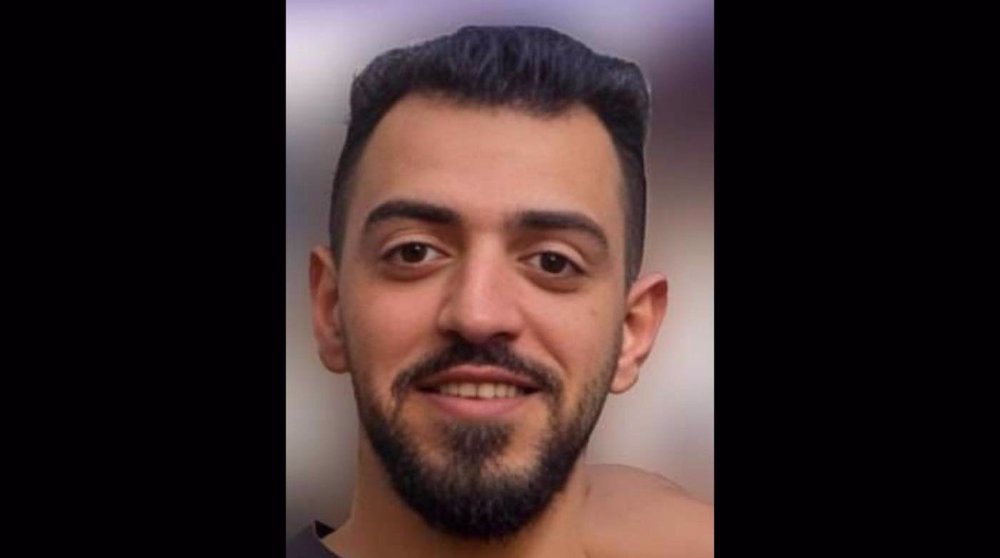
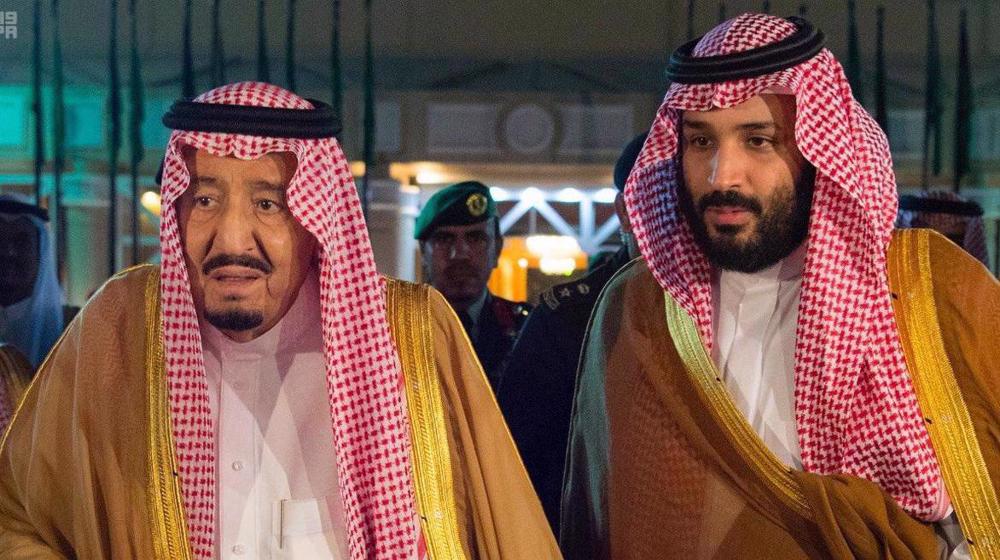
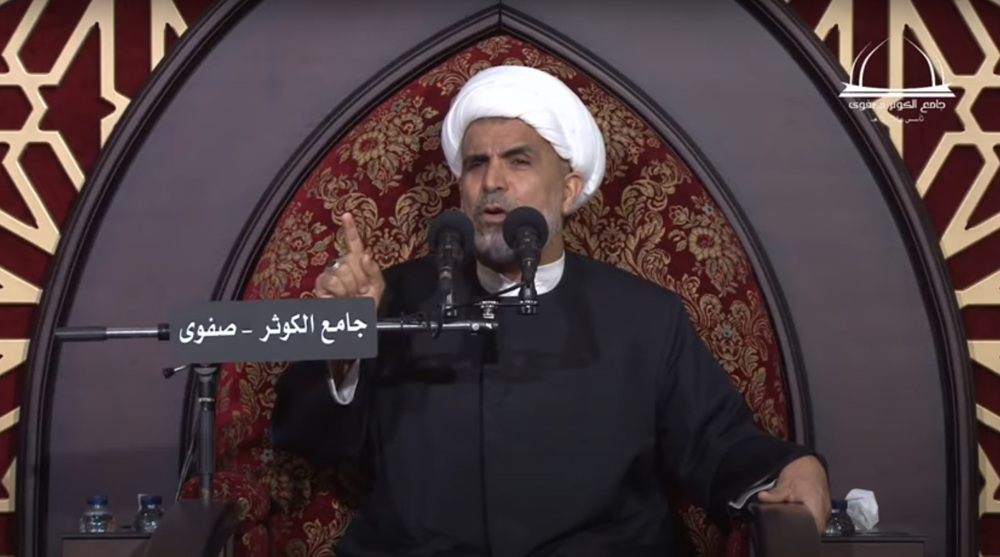
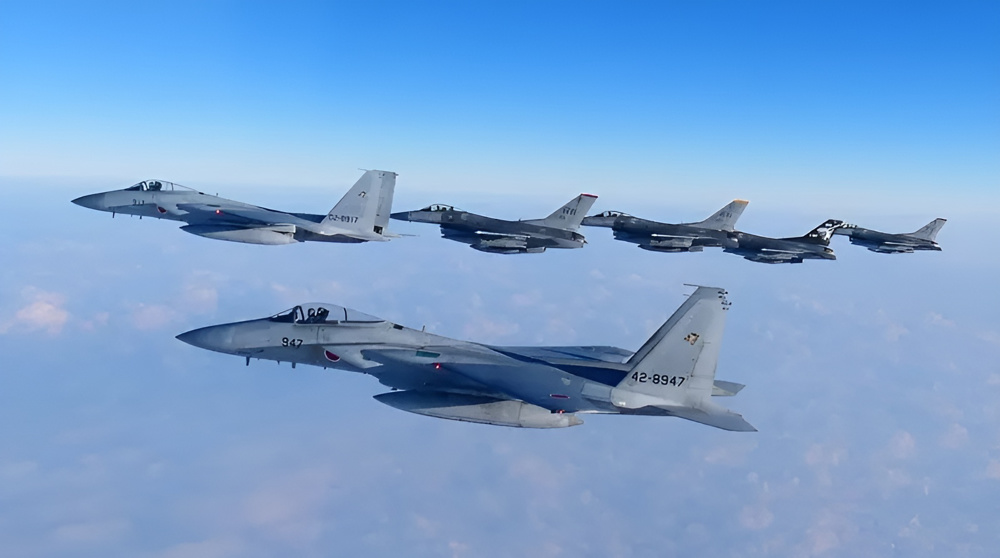

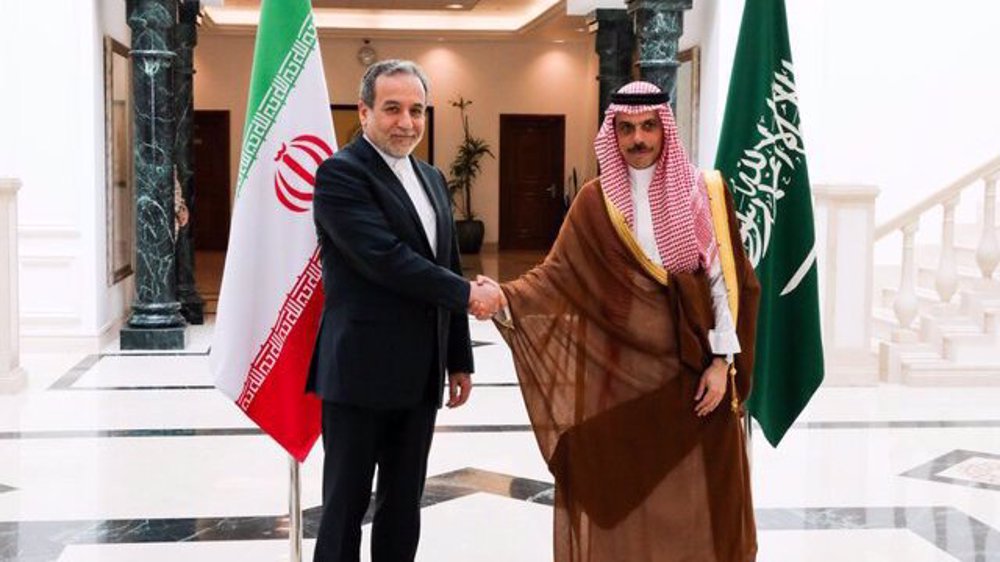



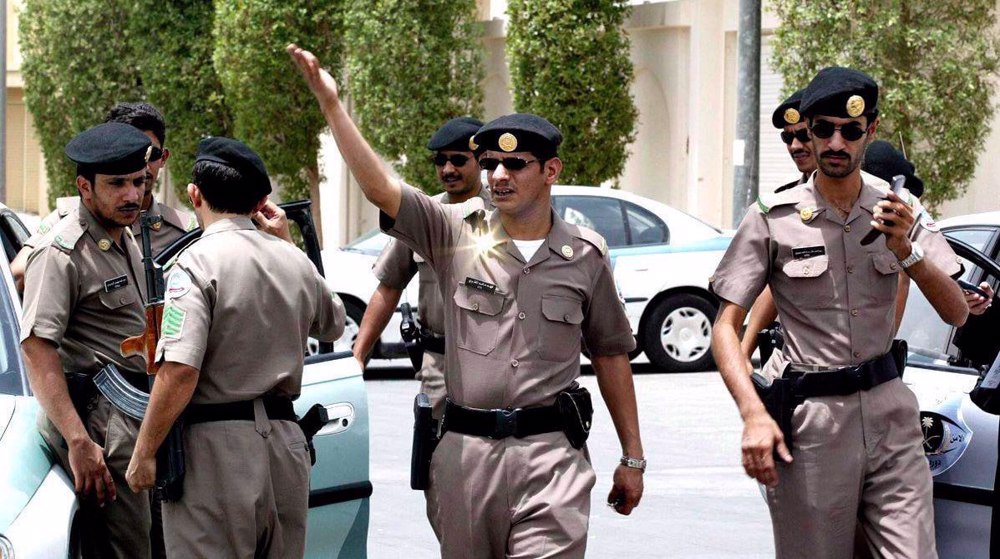
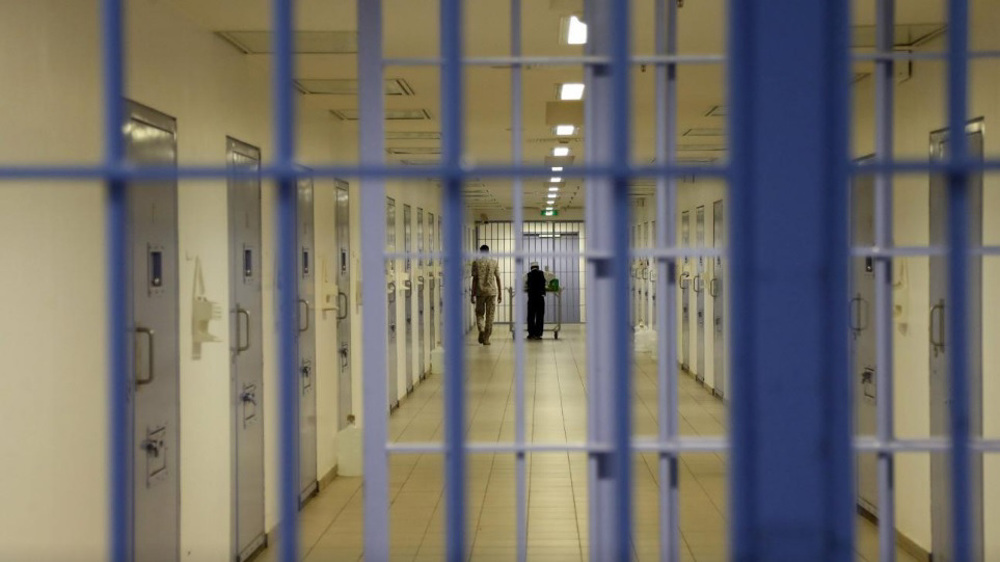
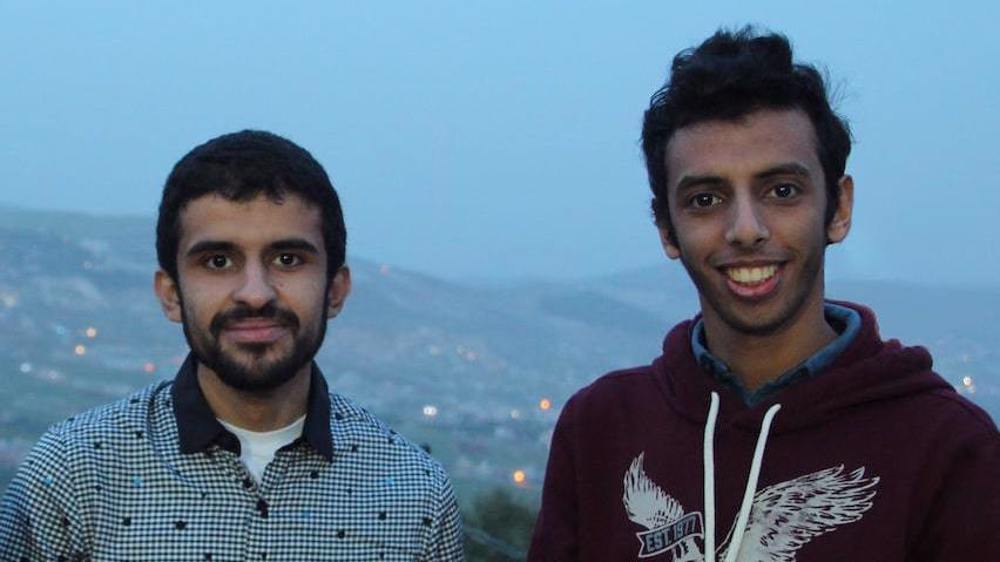
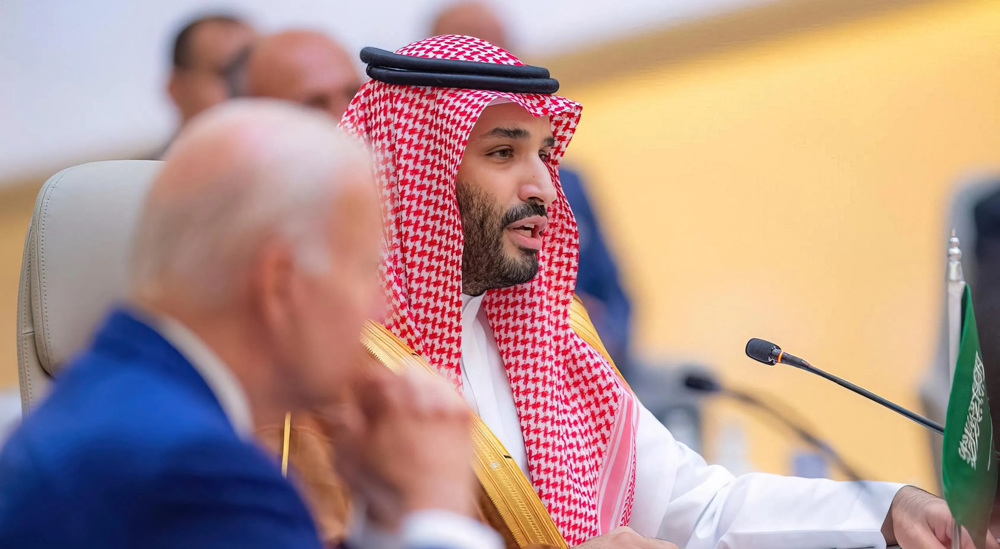

 This makes it easy to access the Press TV website
This makes it easy to access the Press TV website